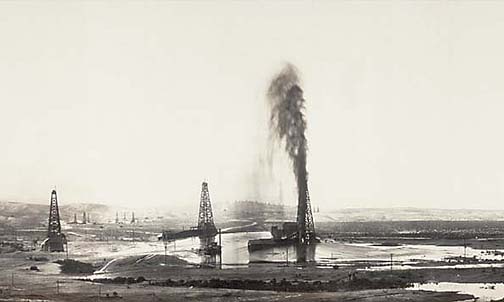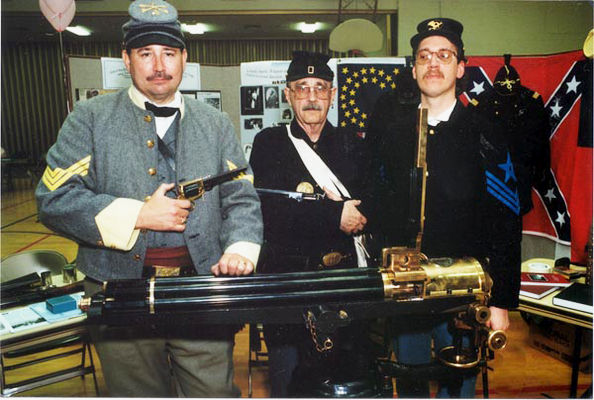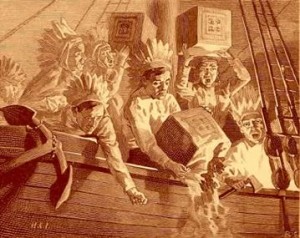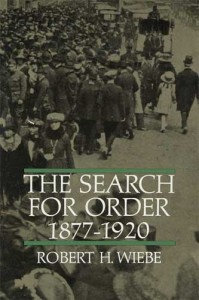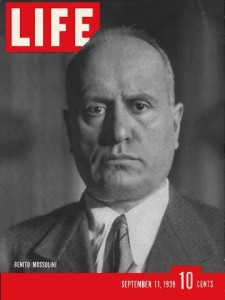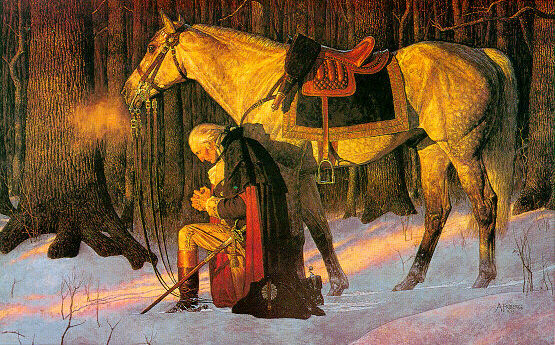
If you do a simple Google search for “founding fathers not christian” you will find a slew of blogs, publications, and whatnot that offer their take on the issue of Christianity and the Founding. These opinion pieces, such as the one I am writing here, offer quotes from Founders such as: Thomas Jefferson, Benjamin Franklin, John Adams, George Washington, and others.
I have already addressed the fact that Natural Law was the essential influence in the Declaration and the Constitution. That in itself establishes that the United States of America was founded on principles that flowed from Christian doctrine.
But nonetheless, lets look at this notion that somehow, in the aftermath of the Great Awakening and George Whitefield (who deserves credit for influencing some –if not many– of those Founders such as Samuel Adams), and an era of what some would call today fanatical religious tendencies, that miraculously the Founders were not Christians and at best Deists. By the way, though I think it could be fair to declare some of the Founders as Deists, by definition they stilled believed in God and called themselves, as you will see, Christian. A Deists simply rejects the notion that God intervenes in human affairs (more of a by product of the Enlightenment). This is a reaction, during the 18th and early 19th Centuries, when many rejected the “dogma” of religious institutions; not God.
It would take more time than I am willing and able here to tackle each Founder in one shot, so for this first installment I will tackle two of the prominent Founders that are pointed to as “not Christian”: Thomas Jefferson and Benjamin Franklin.
THOMAS JEFFERSON
The man is a riddle, an enigma, and wrapped in a … vortex, or however the saying goes. I love Jefferson. For all his imperfections in modern eyes, he was still perfect in so many other ways. If it is true that Texas has taken him out or reduced his importance, than I am no fan of their new curriculum.
Let me take you back to 1803, Jefferson is into his second year as President. He had been mauled by the Federalists as being essentially an atheist. (I love how pundits today act like the political shenanigans of today are somehow new!) He wrote what is the best letter that I have found concerning his Christianity or lack there of. The letter was to his esteemed Friend Dr. Benjamin Rush (April 21, 1803) and in it Jefferson was clearly reflective on his record as a Christian, and was writing in response to a long standing promise — apparently — to Rush regarding his (Jefferson) stance on Religion and his religious beliefs.
Jefferson started off by stating, first and foremost, “I am a Christian…” and then he qualifies it, but the statement is clear. Now I can stop there and say, “bring it on,” but sense I know there are those who will have the, “yeah buts,” I will continue. [read letter here if you would like.]
Jefferson’s convictions were indeed complex, which is what one would expect with such a complex thinker. Jefferson continued in this letter, but did so hesitantly as he iterates: “I know it will not be expressed to the malignant perversions of those who make every word from me a text for new misrepresentations and calumnies.” Jefferson did not know it, but even today there are those with political motivations (like the Federalists) to essentially demonize him by misrepresenting and distorting a few of his words here or there.
Yet Jefferson is complicated and that cannot be denied. Just read the letter noted above and you will see how three dimensional his mind worked. But to say he was not a Christian is a gross and “malignant perversion” of his words.
BENJAMIN FRANKLIN
To me Franklin is the key as those who insist that the Founders were not Christian point lovingly to Franklin as the poster child for their argument. Indeed, some of his thoughts and writings can be taken out of context and used to give the impression that he was not a Christian and did not care for religion. He probably did not care for the Church, the institution and did so for reasons he clearly articulated.
Franklin was a child of the Enlightenment and viewed Christianity through that prism. Franklin was a pragmatist and had no tolerance for religious persecution of one religion over another. The “dogma” as he called it. He believed in free will but also wrote very clearly that God, a supreme being, was benevolent and powerful. He believed in Natural Law and also believed in tolerance and utility with regard to living a Christian life. What Franklin did not want was a Preacher telling him how and why he ought to believe in God. [Source: Papers of Benjamin Franklin; also, see Walter Isaacson, "Benjamin Franklin: An American Life," Simon & Shuster, 2003; 84-88.]
Final Note, this government website has an array of documents regarding the dedication of Jefferson, Madison, ect., and their religious convictions come Sundays. Strange how non-Christian folks such as Jefferson and Madison would bother dedicating, religiously, their Sundays to God and church.
Next Segment: Washington and John Adams
